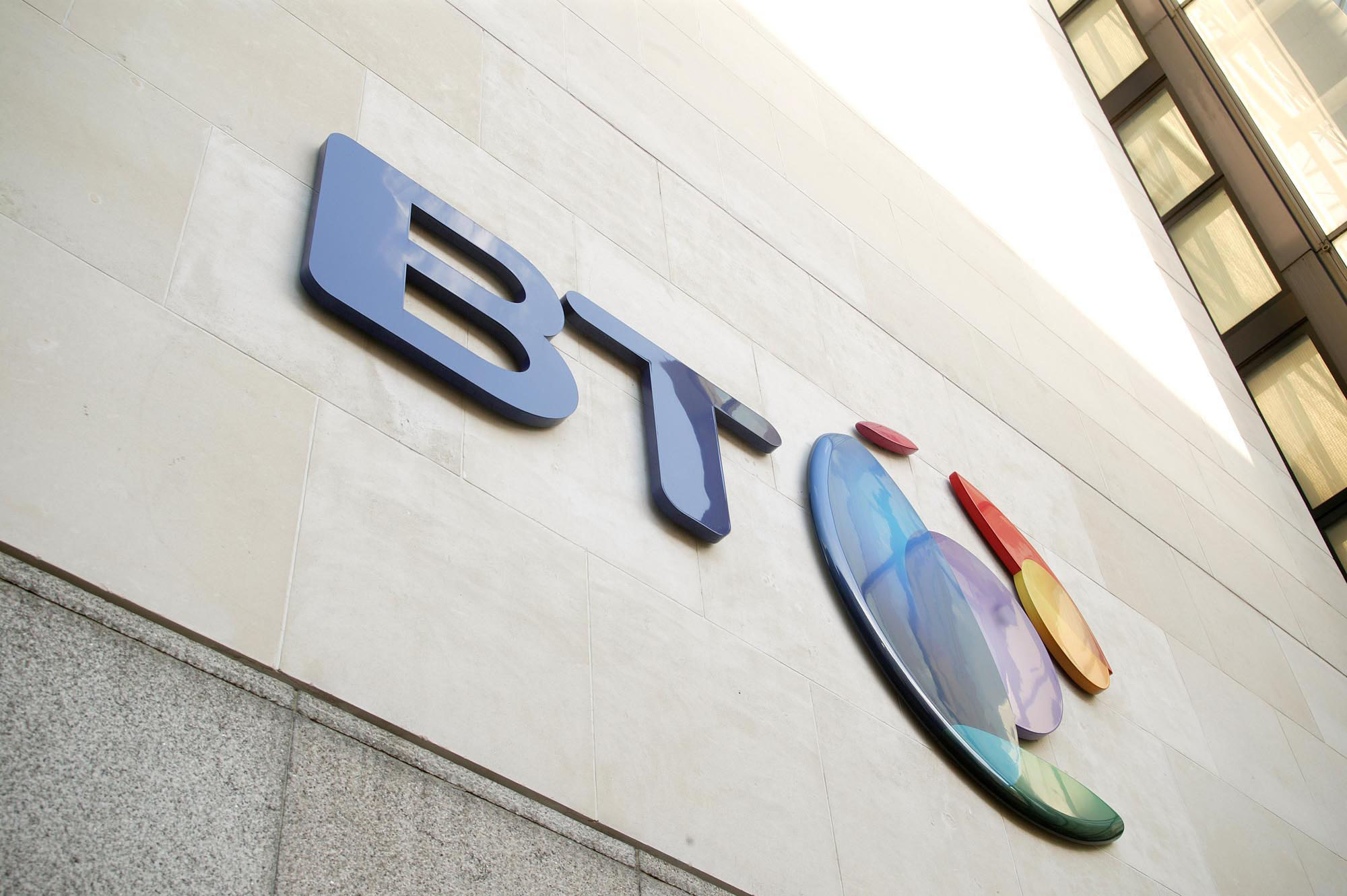Experienced Investor
BT to legally separate from Openreach: the impact for consumers and investors

BT has agreed to legally separate from Openreach following the telecom regulator’s competition concerns. Here’s what the move will mean for consumers and investors.
Openreach – currently part of the BT Group – builds and maintains millions of copper and fibre lines that run from telephone exchanges to homes and businesses across the UK. Hundreds of telecoms companies use the network to supply services to their own customers.
Today the telecoms regulator Ofcom announced that Openreach will become a distinct company from BT, with its own staff and management, with the process starting this year.
The move comes after Ofcom ordered the legal separation of BT and its Openreach network after BT failed to come up with proposals to address competition concerns. It is the biggest reform of Openreach in its history.
Sharon White, Ofcom chief executive, said: “This is a significant day for phone and broadband users. The new Openreach will be built to serve all its customers equally, working truly independently and taking investment decisions on behalf of the whole industry – not just BT.”
Gavin Patterson, BT chief executive, said: “I believe this agreement will serve the long-term interests of millions of UK households, businesses and service providers that rely on our infrastructure. We have listened to criticism of our business and as a result are willing to make fundamental changes to the way Openreach will work in the future.”
Here’s what the move will mean for you:
Impact on telecoms users
The regulator believes the move will lead to better competition in the broadband market which will ultimately lead to better pricing for consumers.
Dan Howdle, consumer telecoms expert at Cable.co.uk, said: “With the separation now going ahead, Openreach will finally be committed to acting equally in the interests of all providers, allowing them finally to act on behalf of their own customers and to affect future strategy and investment decision-making associated with the Openreach network.
“This is a good day for the average broadband, TV and phone customer too, who will enjoy all the benefits the stoking of competition in a fairer marketplace is likely to bring, without suffering the costs and delays to infrastructural rollout a full separation would have incurred. We should not, however, rule out a full separation happening at some point in the future.”
Alex Neill, managing director of home services at Which?, said: “Millions of people have suffered woeful levels of service from Openreach, so these reforms must lead to significant improvements for customers who have been let down for too long.
“Telecoms are now an essential part of our daily lives, so it’s vital that consumers now really do see better phone and broadband services.”
What it means for investors
Following the announcement, BT shares rose 5% in early trading and Ian Forrest, investment research analyst at The Share Centre, said the news brings relief to investors.
“The update will come as a sigh of relief to both parties given that Ofcom was preparing to take the problem to the European authorities to force through the changes it wanted.
“BT’s rivals such as Sky, TalkTalk and Vodafone, which use Openreach’s network to offer broadband to consumers, have long complained of high charges, poor service and failure to invest in the division.
“Investors interested in BT are likely to rejoice on the news today as it finally removes the element of concern surrounding the issue. Moreover, the company have retained ownership of Openreach but not the control so the fact that assets remain with BT will also come as a relief to investors.”
As such, Forrest said The Share Centre continues to recommend BT as a ‘buy’ for higher risk investors seeking income.